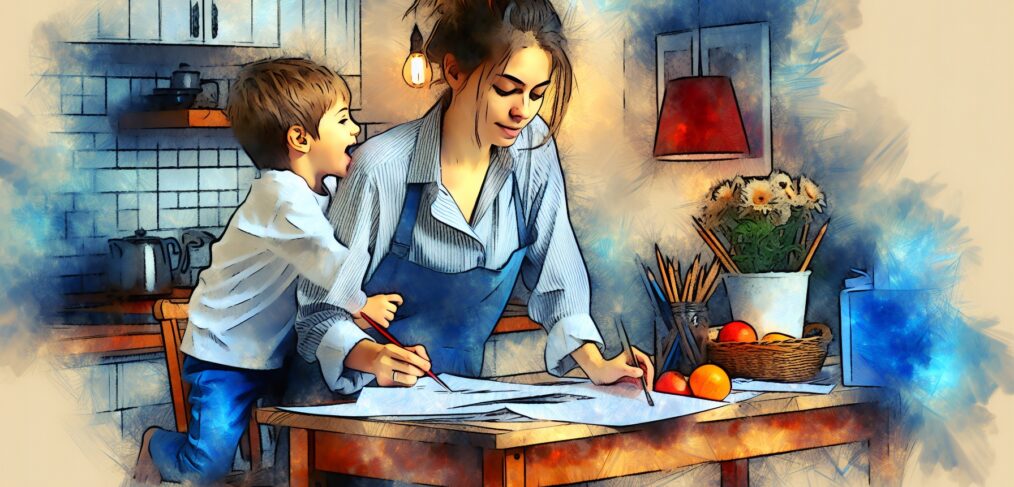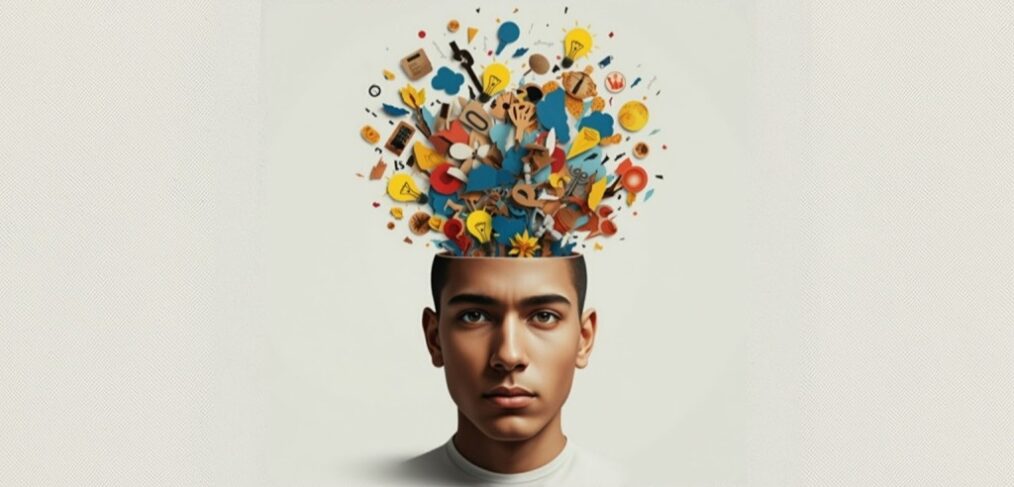It might start with a series of little things, or it might start with a big thing. There are many paths toward irritability, but you only take one. Once you’re down that path, you’re committed. The mood runs its course, and you have to ride it out. But the choice is yours whether to ride it out with eyes wide open or in a state of rage-fueled, self-righteous denial. Either way, irritability can ruin your day, making everything seem heavy and onerous. But even in this state, you have an opportunity to get to know yourself better.
What are you thinking about… right now?
It’s a simple question, but it’s so important. Our thoughts are the content of our consciousness. They are how we process the world and our experiences. We can choose our thoughts, but only to a certain extent. Errant thoughts will always arise, and some will be unpleasant and unwelcome. Some thoughts may cause worry, sadness, or anger. The relationship between our thoughts and our emotions is direct and often uncontrollable. However, with focus and practice, we can better control our thoughts and the emotions they stir.
A good friend of mine died recently, and I was confused about how I handled it. It was a shock for sure, as his passing was unexpected. But then, because he wasn’t part of my day-to-day life, the feeling wore off quickly. I felt guilty that I was getting on with my life so fast. Death affects us in different ways and depends on a variety of factors, but it will always be a part of our lives. We all have to experience it; like anything else, it’s healthy to do it intentionally.
Change is a good thing. But, sheesh, enough already.
Last year, I retired from a job I held for 36 years and am devoting myself to Blocks of Life full-time. I’m still in the midst of that transition, but I’m barely making the top five in terms of the transitions around me. My wife is retiring next week, my mother is turning 90 (also next week), and my son recently began his first full-time job. Needless to say, parties abound, and I’m just trying to keep up. Transitions are the specific manifestations of an evolving life. Although they can cause anxiety and are not always thought of in a completely positive light, they should always be celebrated.
What is the best thing that could happen?
When an opportunity or a challenge arises, do you first consider the risks or the potential rewards? Both are important, but you will likely give one or the other more sway in your thought process. In some decisions, the risks or downsides are evident and significant; it is never logical to deny the existence of the risks. However, the focus should be squarely on the upside in instances where the rewards outweigh or are worth the risks. A “best thing” mindset can keep you focused on the upside of situations while giving sufficient attention to the potential downside.





